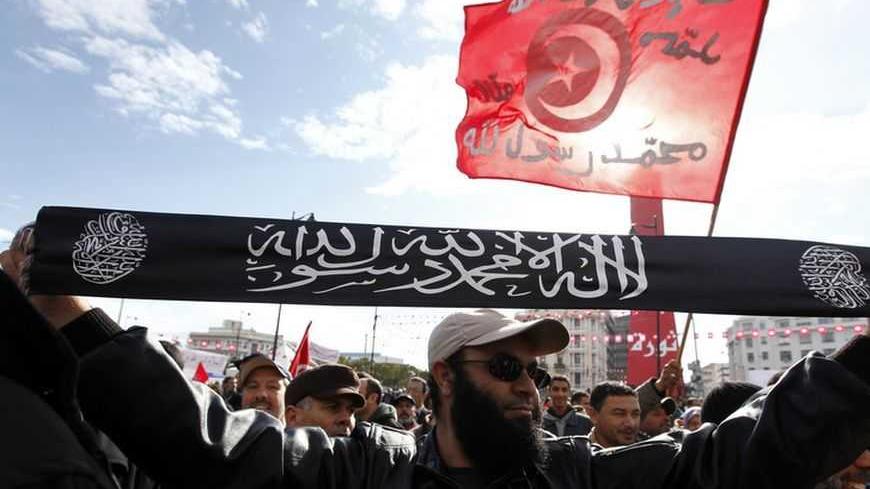On the second anniversary of the revolutionary wave that flowed from Tunisia and rolled across Libya, Egypt, Yemen and Syria, one can see the beginnings of the process of radical change in the Arab world. What started as an ideologically free, all-inclusive mass movement of youths calling for freedom and justice has, after the fall of authoritarian regimes, witnessed the emergence of Islamists at the forefront of transitional phases. Islamists guided by the Muslim Brotherhood movement have taken power in Egypt, while in Tunisia the Ennahda Movement is the strongest party in the legislature and the executive, dominating the state apparatus. One can confidently argue that the Arab world has moved from the Facebook phase to the faith book phase of the revolution.
It should have been expected that Islamists, in particular the Muslim Brotherhood, would gain power. It was the only organized force in Egypt, had a strong ideology, and could count on dedicated members to follow its lead when mobilized. It also had legitimacy, respect and popular support stemming from the decades of imprisonment and exile suffered by it leaders and other members. The Brotherhood easily consolidated power through its strong, dedicated human network and tremendous resources in the political desert created by the toppled regime. They won as a thin minority in a fragmented majority, as the so-called Sofa Party — those who abstained because of general political confusion and absence of democratic practices — proved to be important. Winning was not such a difficult task in a now more traditional and increasingly religiously conservative society.



